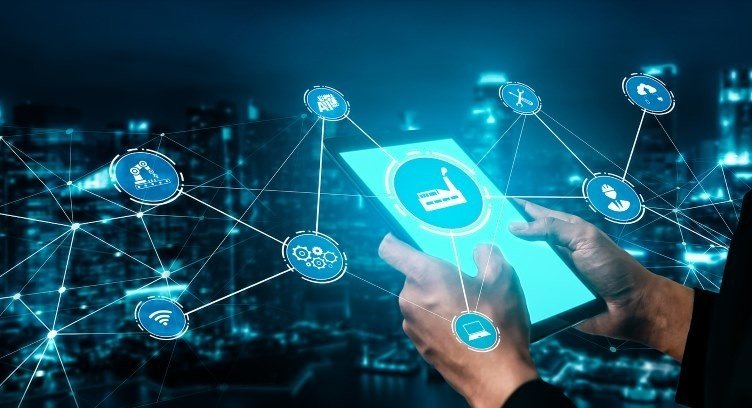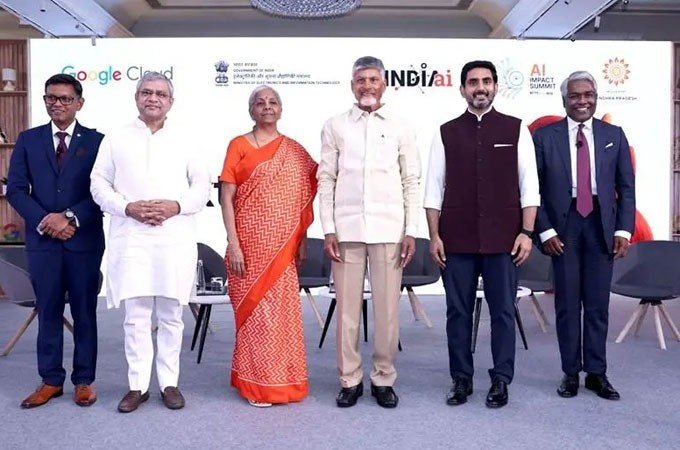OpenAI’s partnership with the UAE to deliver artificial intelligence services across Europe, the Middle East, Africa, and Asia has ignited sharp debate. Framed as an effort to counter China’s push for “autocratic AI,” the initiative is being marketed as a global “democratically powered AI network” supported by the US and EU.
The May deal, dubbed “Stargate UAE”, includes the construction of a 1GW datacentre in Abu Dhabi — larger than the country’s entire existing computing power. The project is designed to serve both government and public sectors in the UAE, as well as extend services to regions within a 2,000-mile radius.
OpenAI insists this move is a preemptive strike against China’s influence, but experts remain skeptical. Valentin Weber of the German Council on Foreign Relations said the deal forces the UAE to choose between US and Chinese tech spheres, noting that Chinese AI systems already deployed in Emirati surveillance will persist for years.
The UAE has recently deepened ties with US tech investors, cutting Huawei from its networks to secure Microsoft’s $1.5 billion investment into G42. In parallel, Microsoft and US investors have funneled $100 billion into UAE’s state-owned AI investor MGX. Alongside Nvidia, Oracle, Cisco, and Softbank, these entities now anchor Stargate UAE.
Despite its technological ambitions, the UAE remains one of the world’s most authoritarian states. Freedom House and Human Rights Watch rank the Gulf monarchy among the worst globally for political rights, citing repression of dissent, lack of independent media, arbitrary detention, and systemic control over civil society. Analysts argue the government’s AI investments are intended not for democracy but for enhanced surveillance and repression.
Still, the UAE government has framed Stargate UAE as a platform for “safe, secure and responsible AI” to deliver “long-term benefits for humanity.” G42 has already begun exporting its “responsible AI” model to countries including Thailand, Kazakhstan, Turkey, and Malaysia.
Skeptics warn, however, that without commitments to transparency, accountability, or political freedom, such projects risk reinforcing authoritarian control rather than upholding democratic values. “Any restriction to free speech that applies today would also apply to OpenAI,” said one political advisor, underscoring doubts about whether technology alone can shift entrenched systems of governance.















